Inhaltsverzeichnis
CBD against stress
Stress is one of the biggest challenges facing modern society. In a world that is becoming increasingly fast-paced and demanding, more and more people are looking for effective ways to reduce stress and improve their overall well-being. One such option that has gained a lot of popularity in recent years is cannabidiol, better known as CBD. This article will examine in detail how CBD can help manage stress, the science behind it, and how it can best be used.
What is CBD?
Cannabidiol (CBD) is one of over 100 chemical compounds found in the cannabis plant. Unlike tetrahydrocannabinol (THC), the plant's main psychoactive component, CBD does not have an intoxicating effect. However, it interacts with the body's endocannabinoid system (ECS), which plays a key role in regulating a variety of physiological processes, including mood, sleep, and pain perception.
Stress and its effects on the body
Stress is the body's natural response to challenging situations. Short-term stress can even be beneficial by increasing alertness and responsiveness. However, chronic stress can have significant negative effects on physical and mental health. The most common effects include:
-
Increased cortisol production: Long-term stress leads to a constant increase in the release of cortisol, the "stress hormone." This can lead to a variety of health problems, including weight gain, sleep problems, and a weakened immune system.
-
Impairment of cognitive functions: Chronic stress can impair the brain's ability to process and store information, leading to concentration problems, memory impairment, and an increased risk of neurodegenerative diseases such as Alzheimer's.
-
Mental health: Persistent stress increases the risk of mental illnesses such as anxiety disorders and depression. Many people resort to unhealthy coping mechanisms in stressful situations, such as overeating, alcohol or drug use.
How CBD works in the body
To understand how CBD can reduce stress, it's important to understand the role of the endocannabinoid system (ECS) in the body. The ECS is a network of receptors (primarily CB1 and CB2) distributed throughout the body. These receptors interact with the body's own cannabinoids (endocannabinoids) to regulate a variety of functions, including mood, pain, appetite, and the immune system.
-
CB1 receptors: These are located mainly in the brain and central nervous system. They are involved in the regulation of mood, memory and sleep.
-
CB2 receptors: These are found mainly in immune cells and play a role in regulating inflammatory processes and the immune system.
CBD does not act directly on these receptors, but rather modulates their activity and supports the balance of the entire system. This can help reduce stress symptoms by mitigating the body's stress response while improving overall mood.
Scientific studies on the effects of CBD on stress
In recent years, research has shown increasing interest in the potential role of CBD in treating stress and anxiety disorders. Some of the key studies include:
-
Anxiety and stress: A 2019 study published in The Permanente Journal showed that CBD significantly helped reduce anxiety in subjects. Another study published in the Journal of Psychopharmacology found that a single dose of CBD significantly reduced stress caused by a public speaking simulation in people with social anxiety disorder.
-
Posttraumatic stress disorder (PTSD): A review published in Frontiers in Neuroscience suggests that CBD may be effective in treating PTSD by interfering with the consolidation and retrieval of traumatic memories.
-
Sleep disorders: Stress and anxiety are often associated with sleep problems. Studies show that CBD can help improve sleep by making it easier to fall asleep and increasing sleep quality.
These and other studies suggest that CBD is a promising natural option for managing stress and stress-related ailments.
Practical use of CBD against stress
If you are considering using CBD to manage stress, there are some important factors to consider, including dosage, method of administration, and potential side effects.
1. Dosage
The optimal dosage of CBD can vary greatly depending on the person and the situation. Some factors that can affect the dosage are body weight, individual sensitivity to CBD and the type of stress condition. It is recommended to start with a low dose (eg 10-20 mg) and increase it slowly until the desired effect is achieved. It is advisable to adjust the dosage in consultation with a doctor.
2. Application forms
CBD is available in several forms, including:
-
Oils and tinctures: These are the most popular ways to take CBD because they are easy to dose and work quickly. They can be dropped directly under the tongue or mixed into foods and drinks.
-
Capsules and tablets: These offer a convenient way to take a precisely measured amount of CBD, but are less flexible in dosage.
-
Topical applications: Creams, ointments and gels containing CBD can be applied directly to the skin. They are particularly useful for localized pain or tension.
-
Food (edibles): Foods containing CBD such as gummy bears or chocolate offer a tasty alternative, but it takes longer for the effects to take hold.
-
Inhalation (vaping): Inhaling CBD via a vaporizer offers a quick effect, but is not suitable for everyone.
3. Side effects and interactions
Although CBD is generally well tolerated, some people may experience side effects, including:
- dry mouth
- fatigue
- changes in appetite
- Diarrhea
Additionally, CBD can interact with certain medications, especially those metabolized by the liver, so it's important to consult a doctor before taking CBD, especially if you take medications regularly.
Other benefits of CBD
In addition to its potential effect on stress, CBD has a number of other health benefits:
-
Pain relief: CBD is often used to treat chronic pain by reducing inflammation and modulating pain perception.
-
Neuroprotective properties: Studies show that CBD can protect the nervous system and may play a role in the treatment of neurodegenerative diseases such as Alzheimer's and Parkinson's.
-
Skin health: CBD has anti-inflammatory and antioxidant properties that may help improve skin health, especially acne and other inflammatory skin conditions.
-
Cardiovascular health: Some research suggests that CBD may help lower blood pressure and protect the cardiovascular system.
Legal Aspects and Quality Assurance
The legal situation of CBD varies from country to country and even region to region. In many countries, CBD is legal as long as it is derived from hemp (a low-THC variety of cannabis) and the THC content remains below a certain threshold (usually 0.2% in the EU).
When purchasing CBD products, it is important to pay attention to quality. Here are some tips to ensure you get a high-quality product:
-
Lab reports: Reputable manufacturers have their products tested by independent labs and make the results publicly available. These reports should include information about CBD content as well as the presence of contaminants such as pesticides and heavy metals.
-
Full extract or isolate: CBD products can consist of either a full-spectrum extract (containing all of the plant's cannabinoids, terpenes, and flavonoids) or a pure CBD isolate. Full-spectrum products often offer an "entourage effect," where the different plant compounds work synergistically together to produce a more potent effect.
-
Growing practices: Products made from organically grown hemp are preferable because they are less likely to contain pesticides or other harmful chemicals.
CBD offers a promising natural option for reducing stress and improving overall well-being. By interacting with the body's endocannabinoid system, CBD may help mitigate the stress response, reduce anxiety, and improve sleep quality. Although research is still in its infancy, there is already a lot of evidence that CBD can be an effective addition to traditional stress management strategies.
However, it is important to be aware of the legal situation, possible side effects and the need to choose a quality product. If you want to try CBD, start with a low dose and gradually adjust it while observing your body's reactions.
Overall, CBD is a valuable supplement that can help many people find a sense of calm and balance in a stressful world.




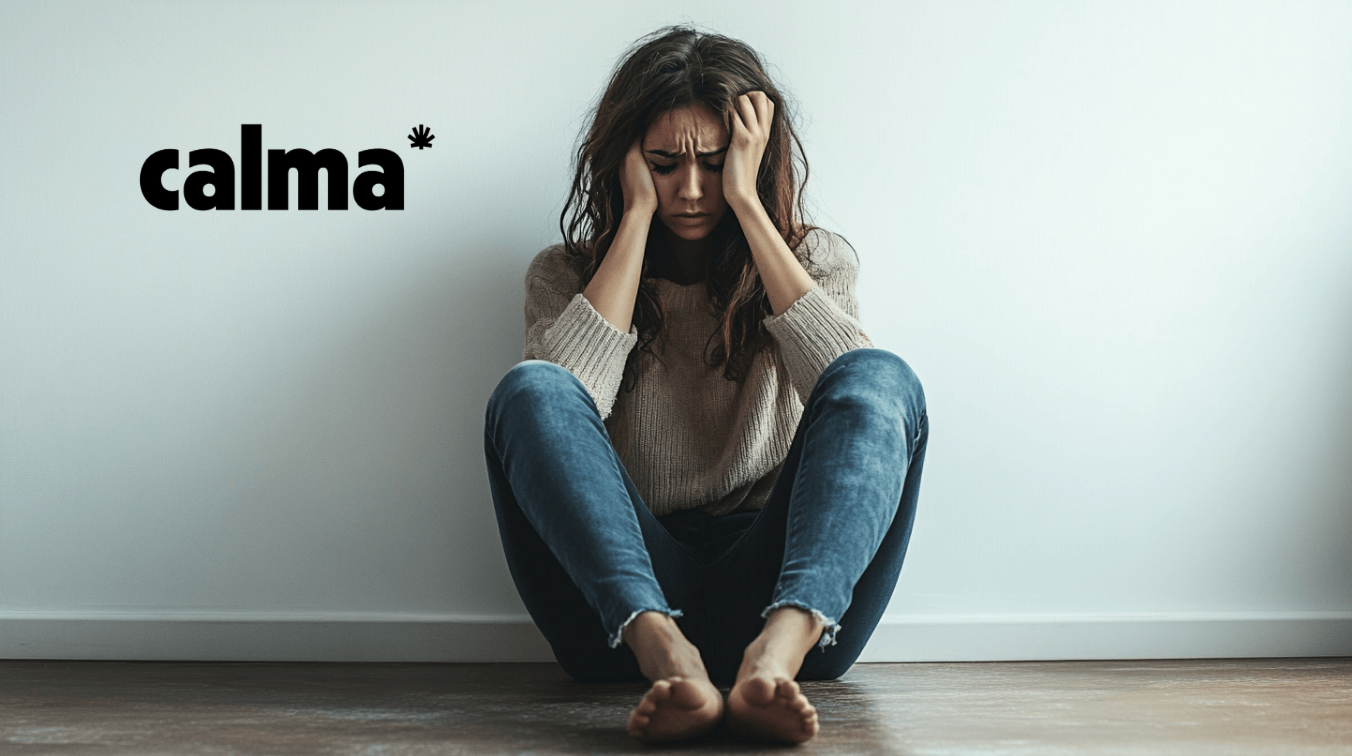

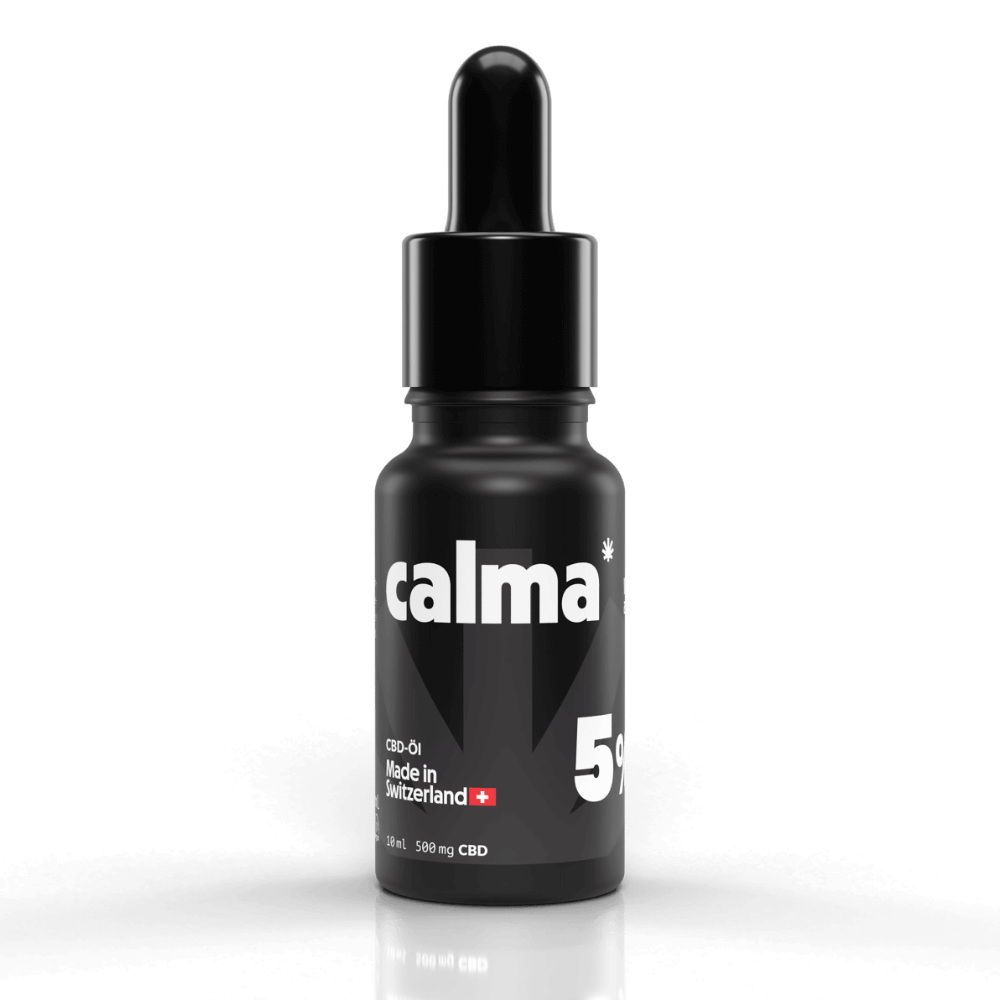
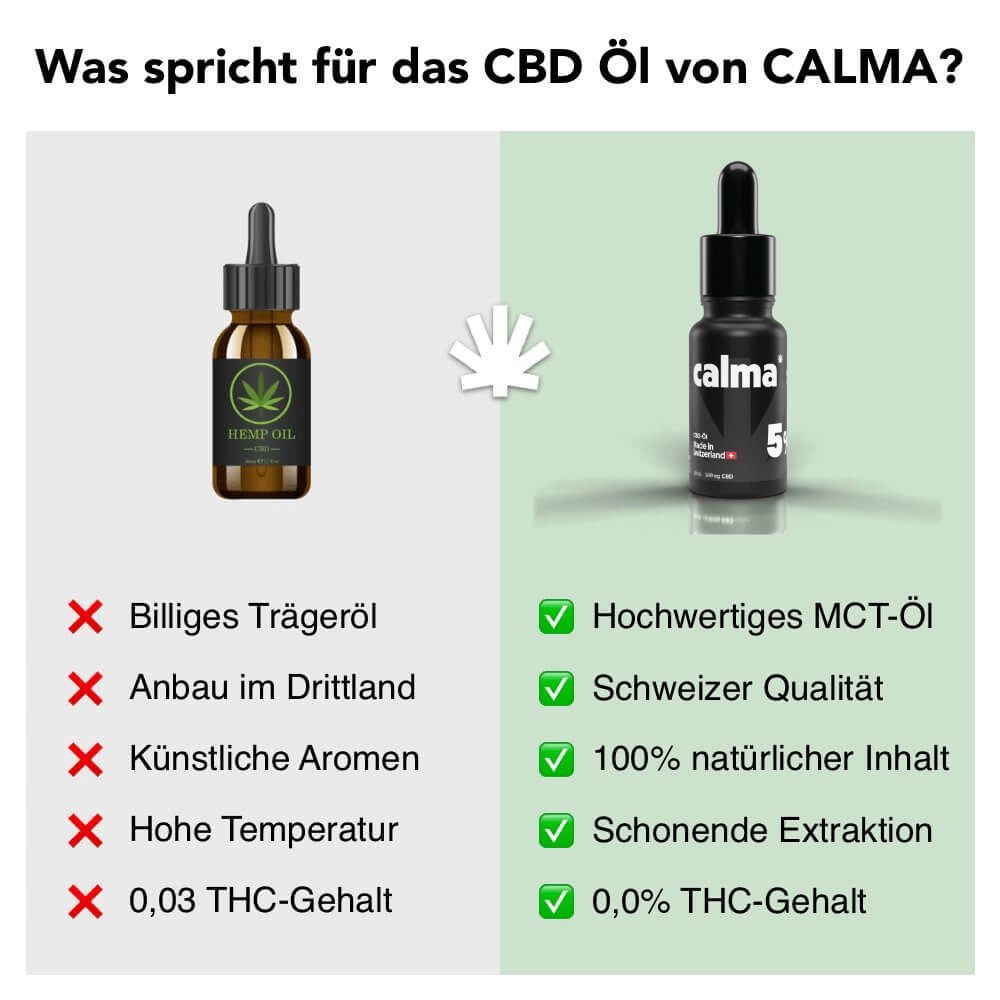
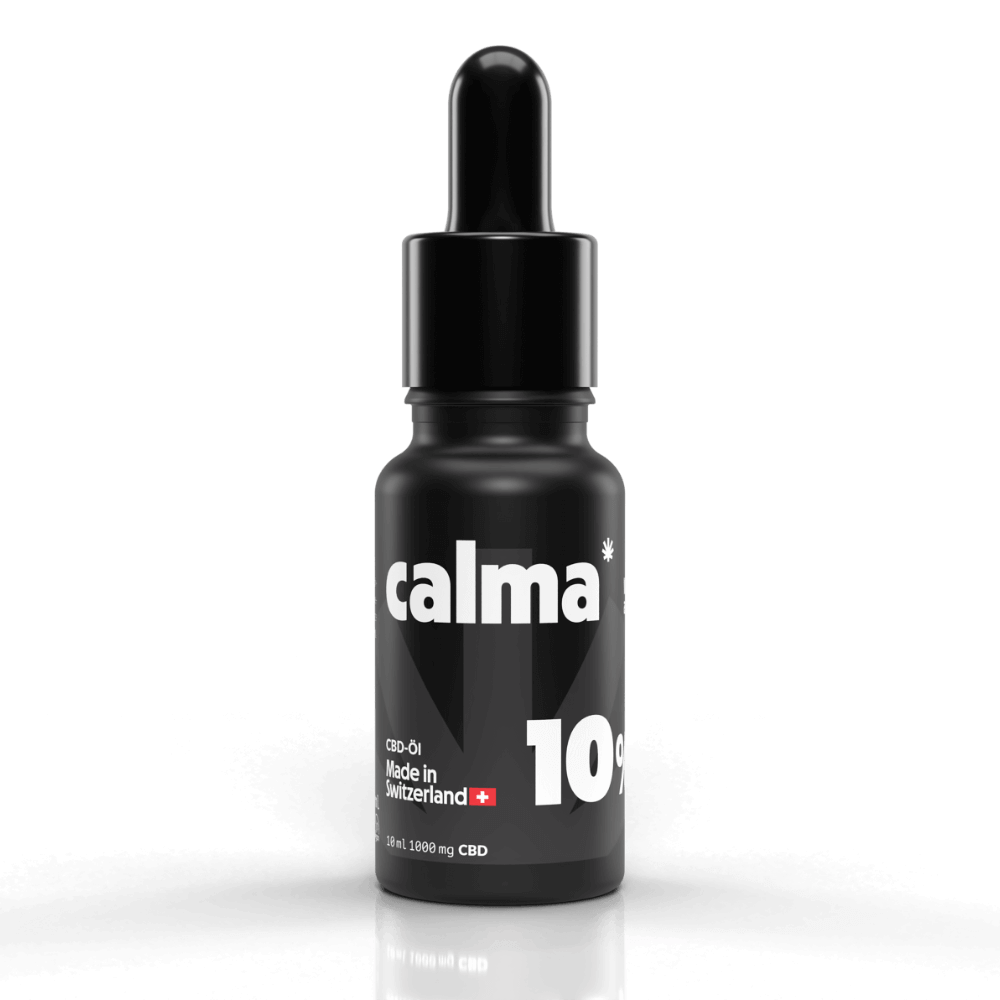
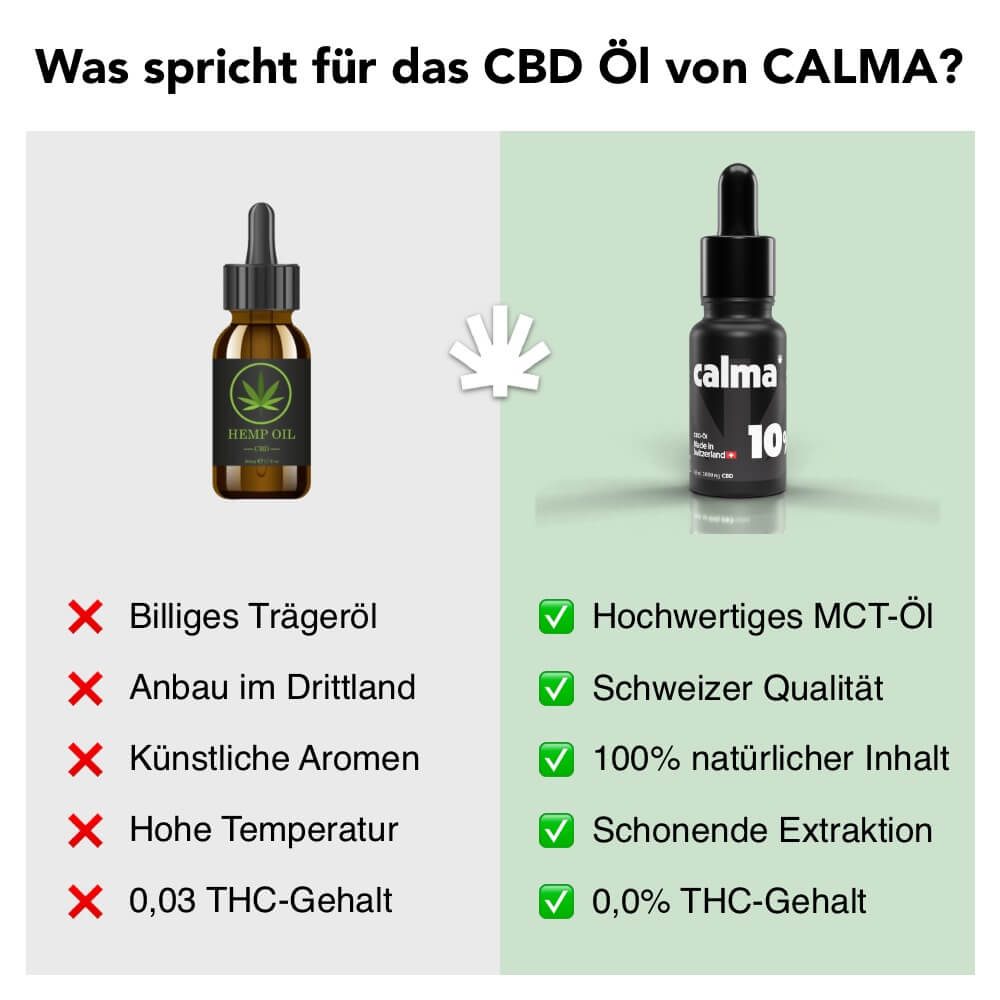
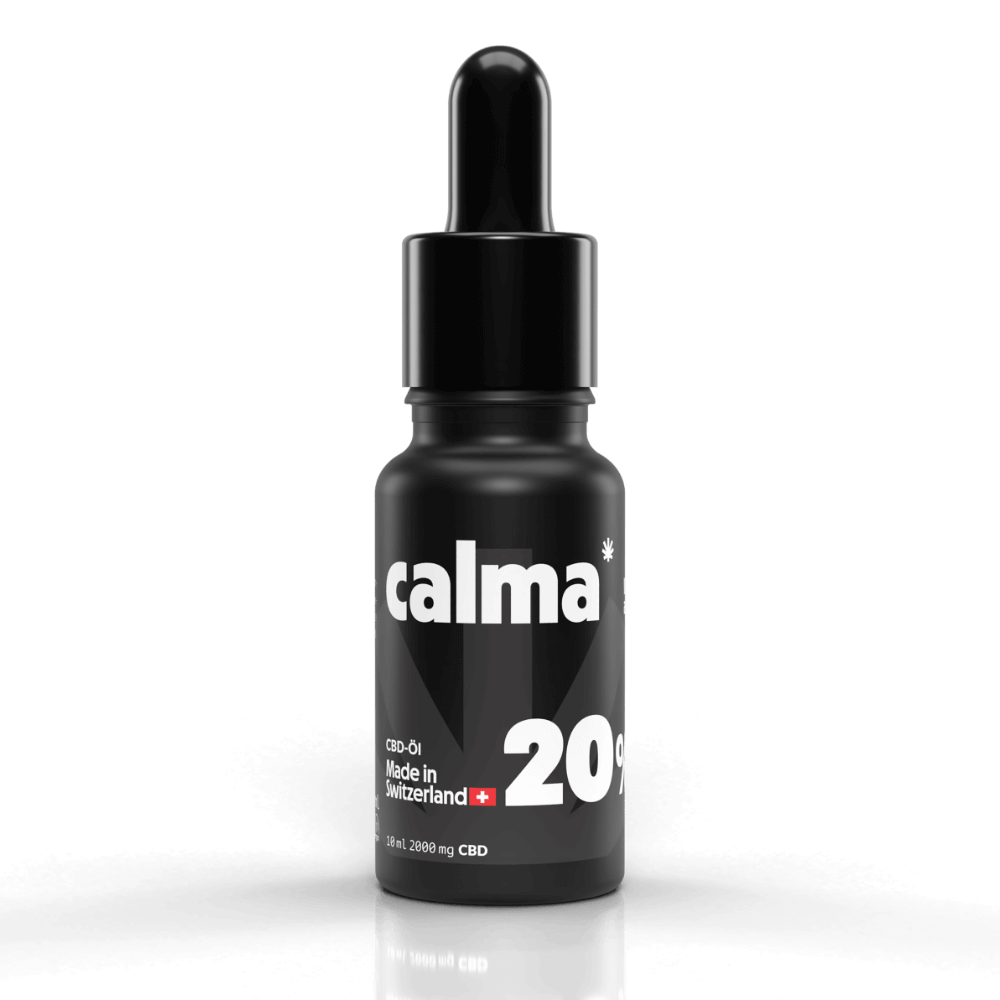
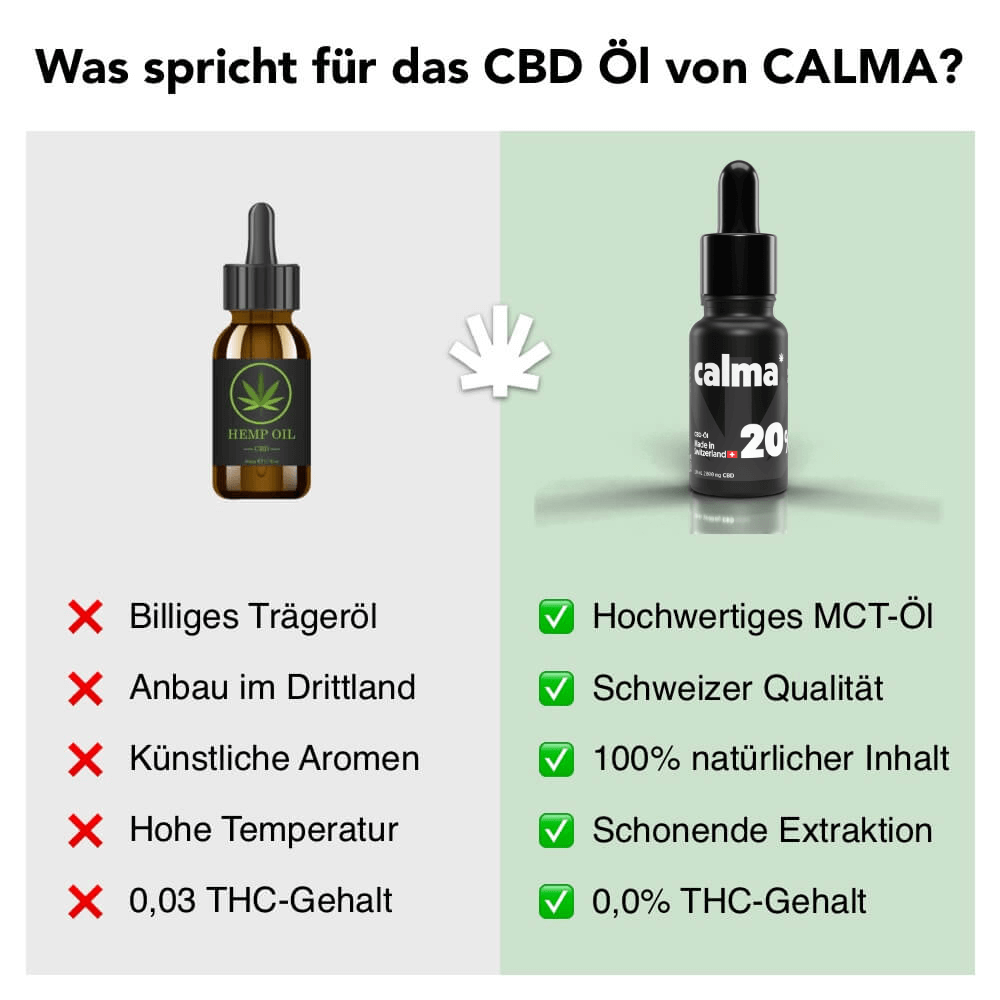
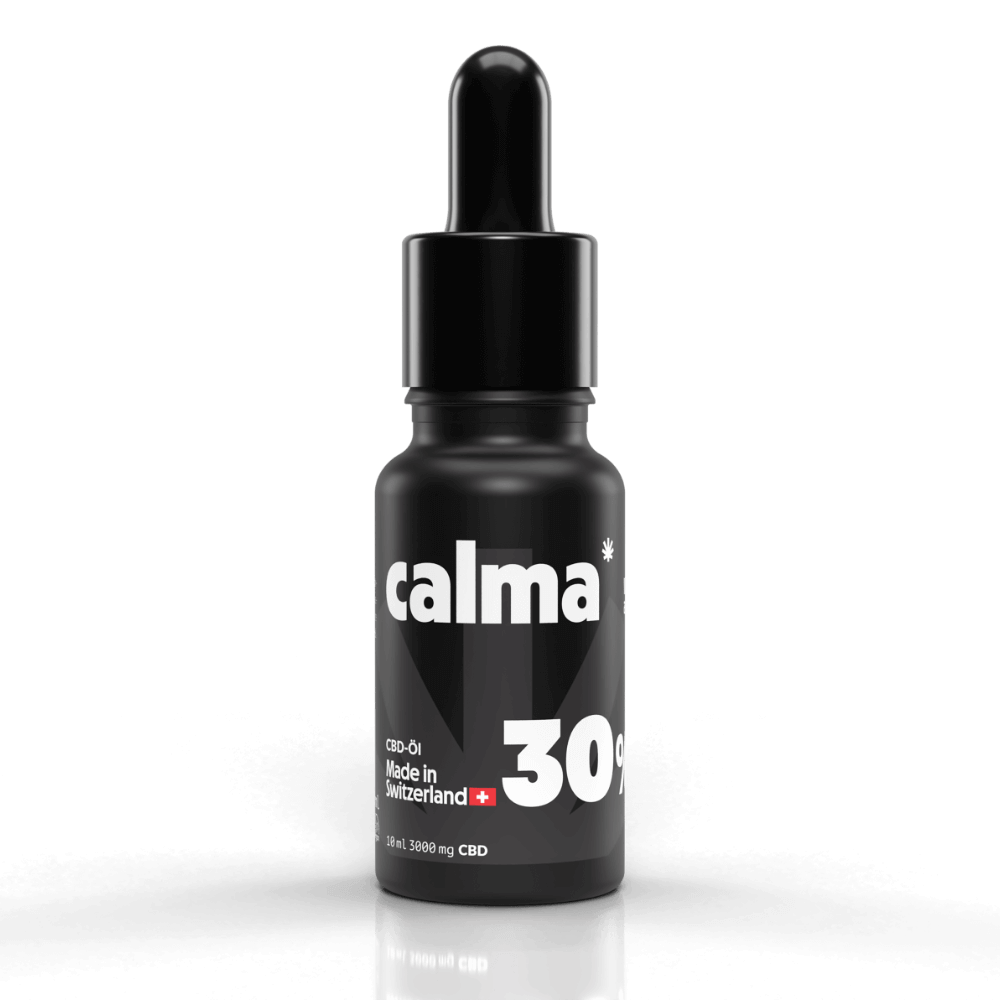
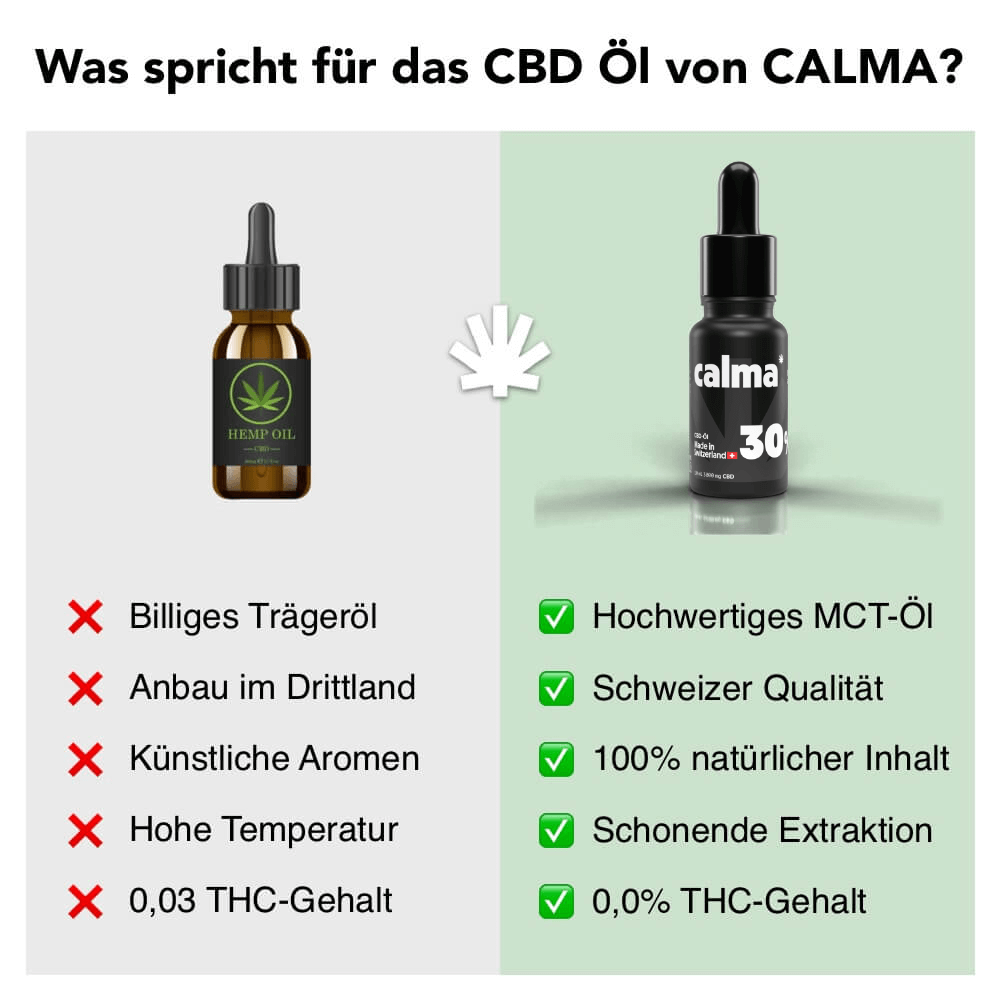
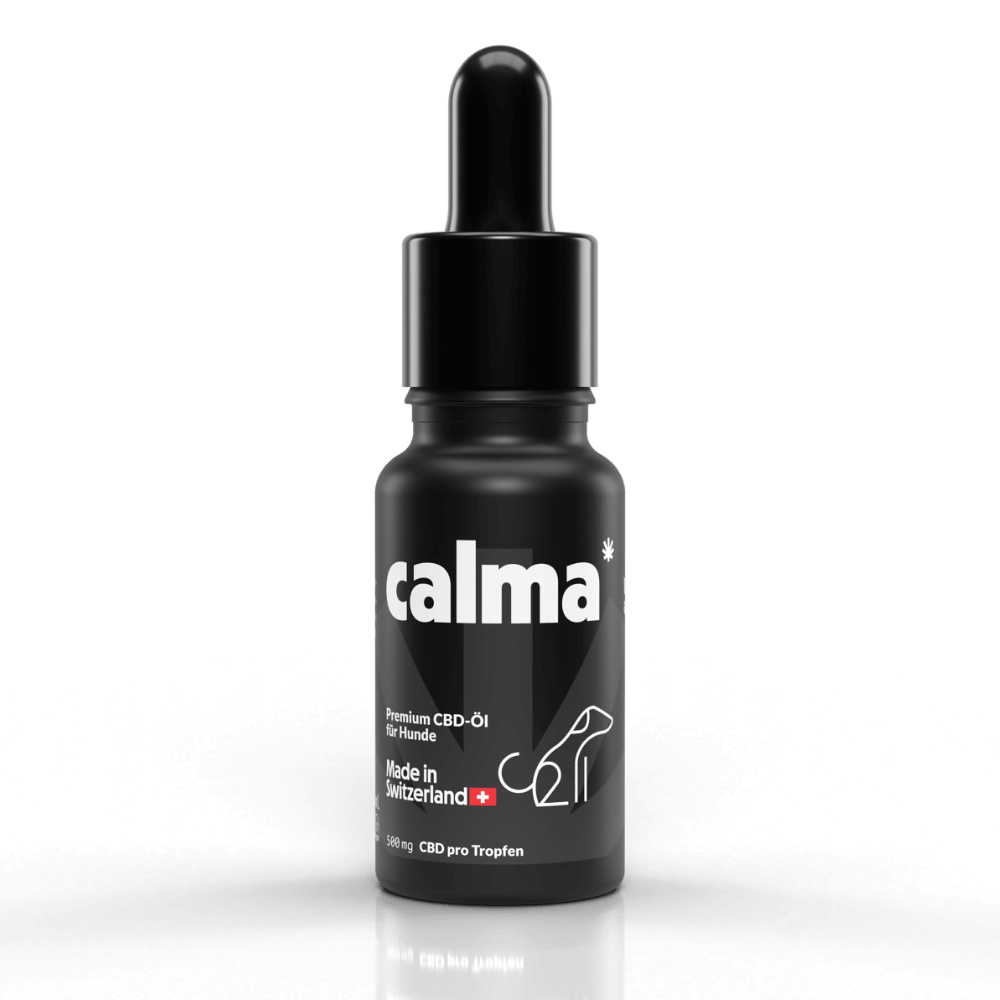
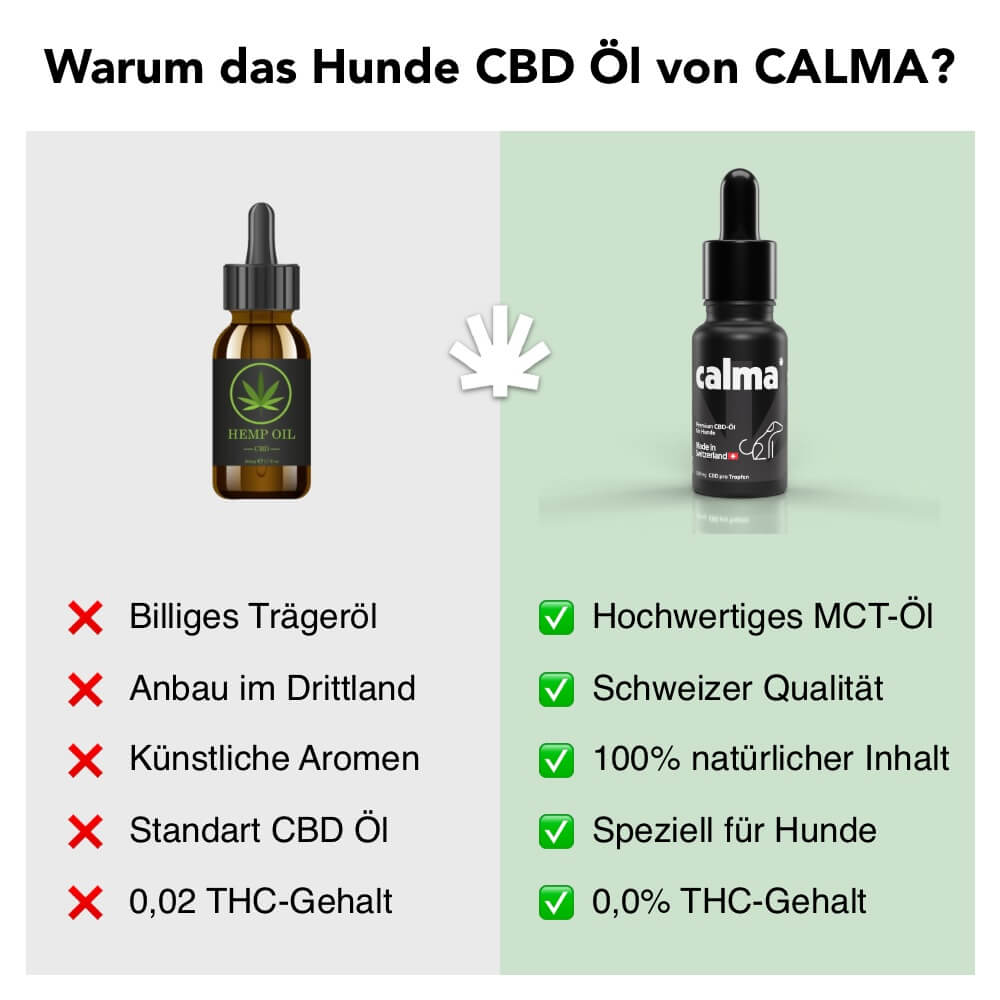
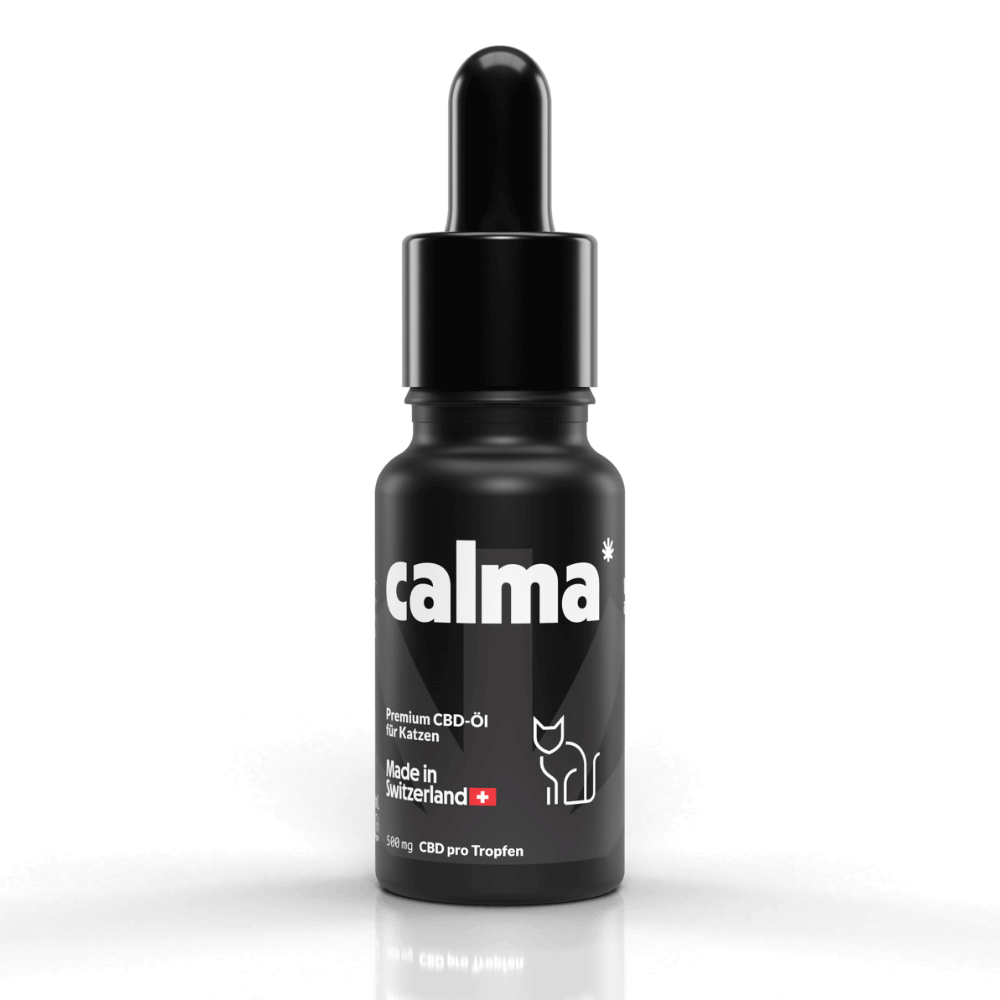
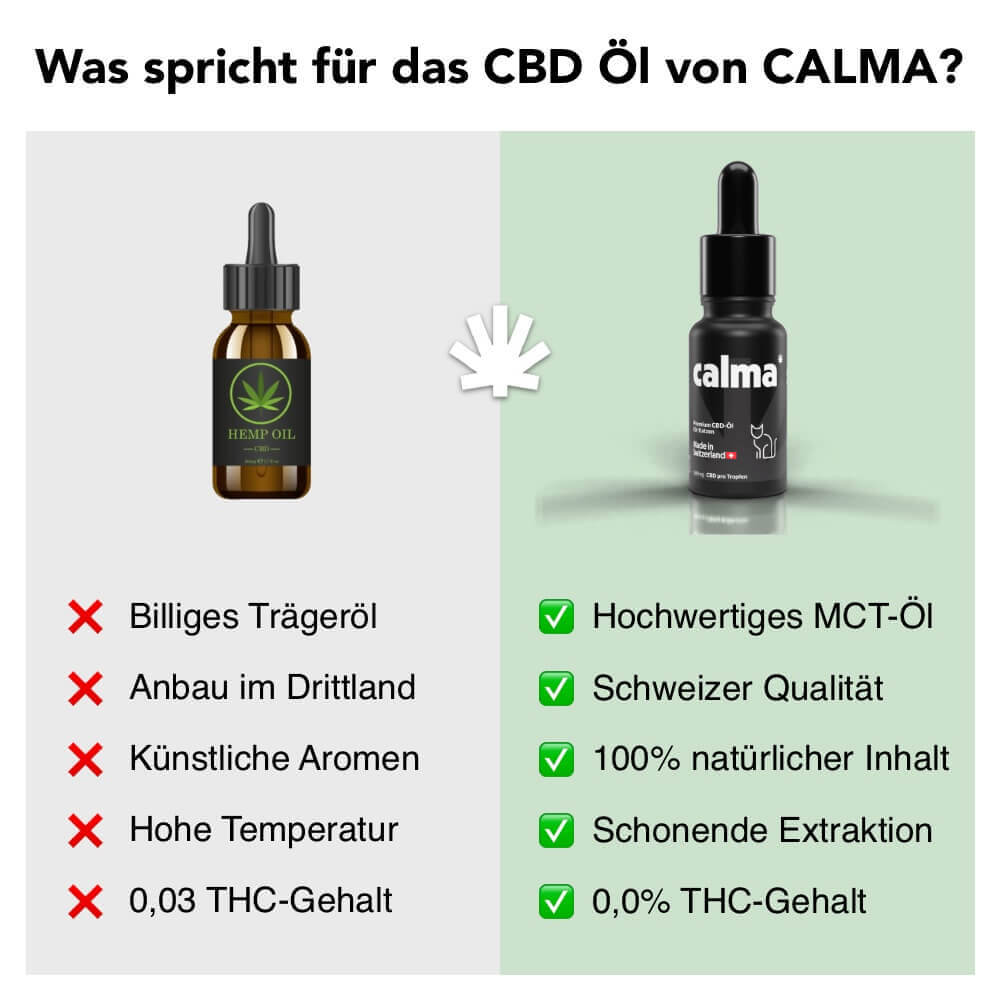
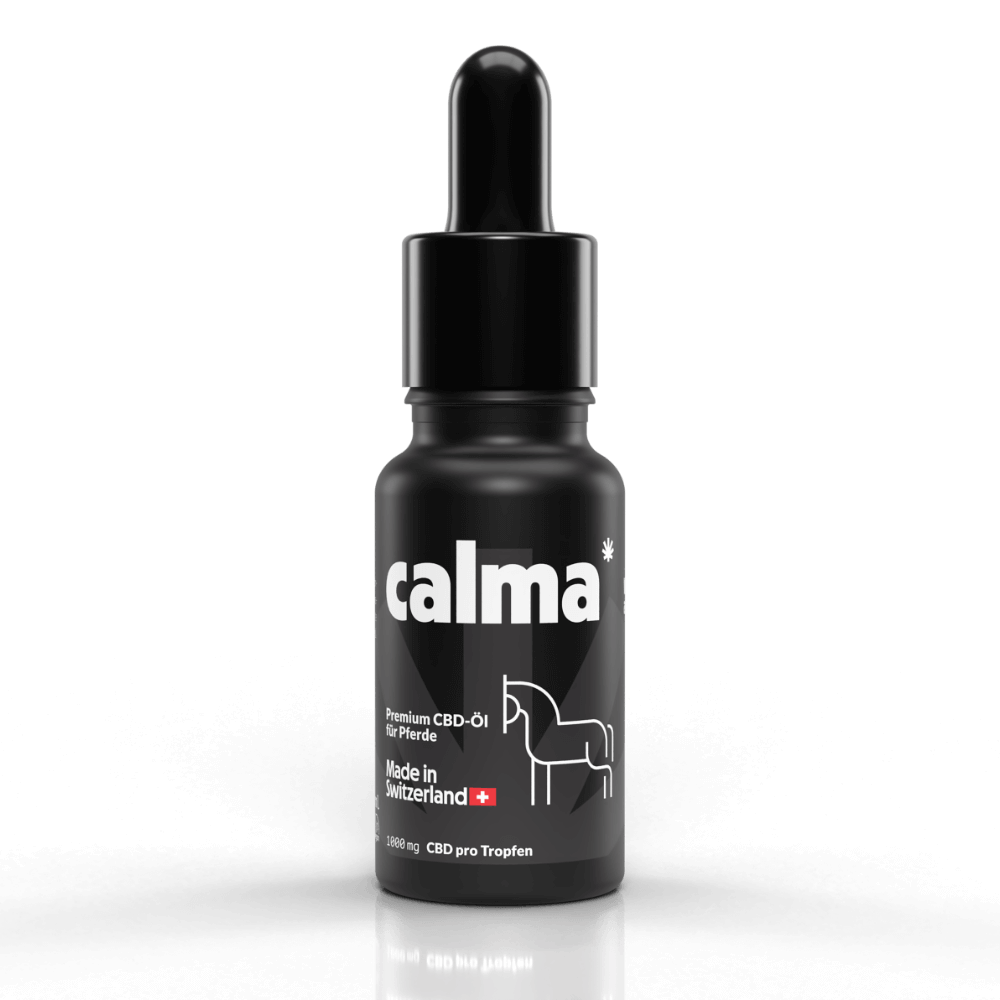
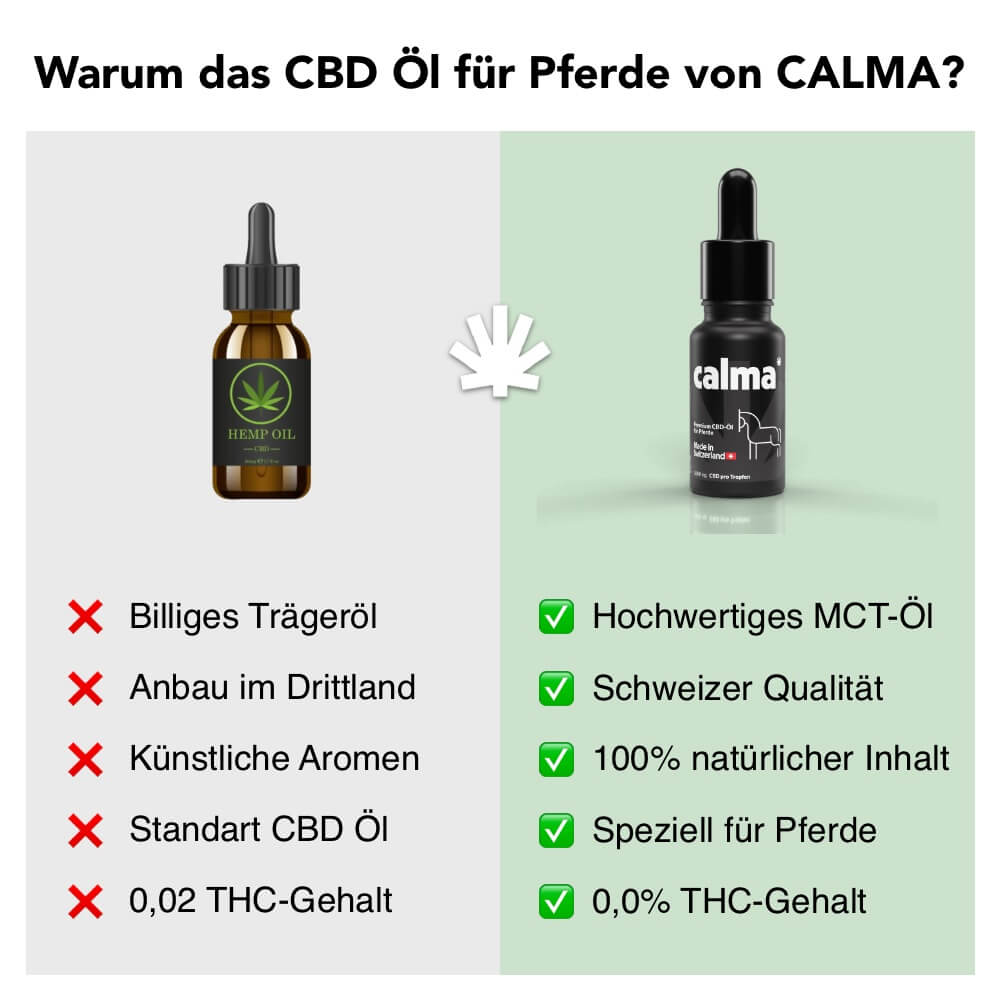
Leave a comment
All comments are moderated before being published.
This site is protected by hCaptcha and the hCaptcha Privacy Policy and Terms of Service apply.